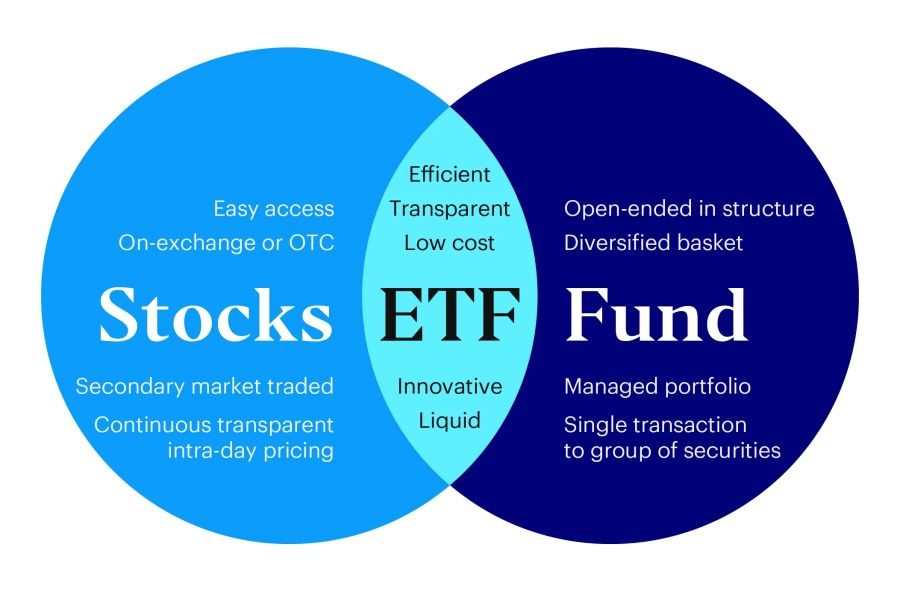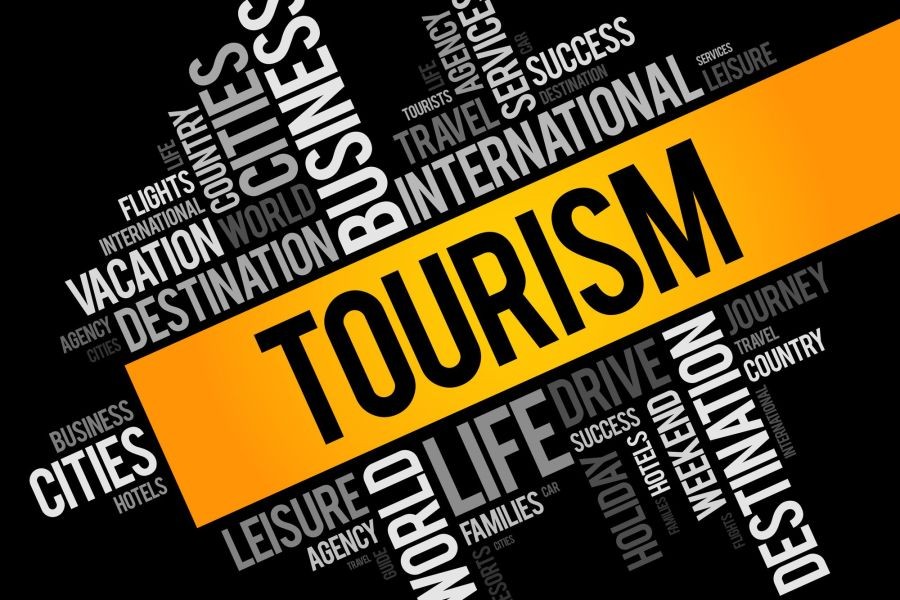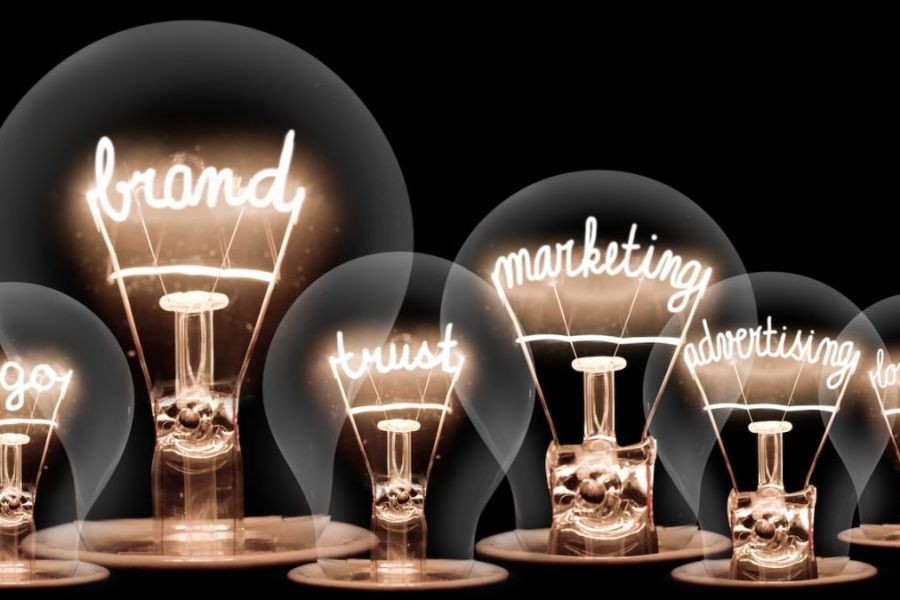Social media has fundamentally reshaped how businesses engage with their audiences, and in New Zealand, this shift is particularly transformative. With a population that is highly active online, Kiwi businesses are increasingly leveraging social media platforms to connect with consumers in ways that are both innovative and effective. As we delve into why social media is the future of marketing in New Zealand, we'll explore engaging real-world examples, data-driven insights, and expert opinions that reveal the profound impact of this digital evolution.
Understanding the Kiwi Digital Landscape
New Zealand's digital landscape is unique, characterized by a high internet penetration rate and a tech-savvy population. According to Stats NZ, over 90% of households have internet access, and the country ranks among the top globally for social media usage. This widespread connectivity provides fertile ground for businesses to engage with consumers through digital platforms.
The Reserve Bank of New Zealand reports that digital advertising expenditures have nearly doubled in the past five years, underscoring the shift from traditional to digital media. This growth is driven by the ability of social media to offer targeted advertising, real-time engagement, and measurable results, making it a compelling choice for marketers.
Case Study: Icebreaker – Embracing Social Media for Brand Storytelling
Icebreaker, a New Zealand-based outdoor clothing brand, provides a prime example of the power of social media marketing. Faced with the challenge of standing out in a competitive market, Icebreaker turned to social media to tell its brand story. By leveraging platforms like Instagram and Facebook, Icebreaker showcased its commitment to sustainability and ethical sourcing through captivating visuals and engaging content.
- Problem: Icebreaker needed to differentiate itself in a saturated market.
- Action: The brand utilized social media to share stories about its sustainable practices and the natural beauty of New Zealand.
- Result: This strategy led to a 25% increase in online sales and a 30% growth in social media followers within a year.
- Takeaway: Effective storytelling on social media can significantly enhance brand perception and drive sales.
The Pros and Cons of Social Media Marketing in New Zealand
Pros:
- Wider Reach: Social media platforms have a vast user base, allowing businesses to reach a broader audience.
- Cost-Effective: Compared to traditional advertising, social media marketing offers a higher ROI with lower costs.
- Engagement and Interaction: Social media enables direct communication with consumers, fostering stronger relationships.
- Data-Driven Insights: Platforms offer analytics tools that help businesses understand consumer behavior and preferences.
- Flexibility and Adaptability: Social media campaigns can be easily adjusted based on real-time feedback and performance metrics.
Cons:
- Time-Consuming: Managing social media accounts requires consistent effort and resources.
- Rapidly Changing Algorithms: Platforms frequently update their algorithms, impacting content visibility.
- Negative Feedback: Businesses must be prepared to handle negative comments and reviews publicly.
- Privacy Concerns: Data privacy issues can arise, necessitating careful management of consumer information.
- Over-Saturation: With many brands competing for attention, standing out can be challenging.
Debunking Common Myths About Social Media Marketing
Despite its popularity, social media marketing is often misunderstood. Let's debunk some common myths:
- Myth: "Social media is only for young people." Reality: According to Stats NZ, over 60% of users aged 50+ are active on social media, indicating a diverse user demographic.
- Myth: "More followers mean more success." Reality: Engagement rates, not follower count, are a more accurate measure of success. Quality interaction leads to better conversion rates.
- Myth: "Once a post is made, the job is done." Reality: Effective social media marketing requires ongoing interaction and content updates to maintain audience interest.
Future Trends and Predictions
The future of social media marketing in New Zealand is poised for exciting developments. A report by NZTech predicts that by 2026, artificial intelligence will play a pivotal role in personalizing content and enhancing customer experiences on social media platforms. Additionally, augmented reality (AR) is expected to transform product demonstrations, offering immersive experiences that engage consumers like never before.
Biggest Mistakes to Avoid in Social Media Marketing
- Ignoring Analytics: A study from the University of Auckland found that businesses that leverage analytics tools see a 20% increase in campaign effectiveness.
- Inconsistent Branding: Ensure a cohesive brand message across all platforms to build trust and recognition.
- Overlooking Negative Feedback: Addressing negative comments promptly can turn dissatisfied customers into brand advocates.
Conclusion
Social media is undeniably the future of marketing in New Zealand, offering unparalleled opportunities for businesses to connect with consumers. By understanding the digital landscape, leveraging storytelling, and staying informed about emerging trends, Kiwi businesses can unlock the full potential of social media marketing.
What's your next move? Are you ready to harness the power of social media for your business? Share your thoughts or success stories in the comments below!
People Also Ask (FAQ)
- How does social media marketing impact businesses in New Zealand? NZ businesses leveraging social media report 25%+ higher customer retention, according to Stats NZ. Adopting this strategy can enhance engagement and revenue.
- What are the biggest misconceptions about social media marketing? One common myth is that social media is only for young people. However, research from Stats NZ shows a diverse user demographic, including older age groups.
- What are the best strategies for implementing social media marketing? Experts recommend starting with a clear content strategy, followed by consistent engagement, and ensuring data-driven adjustments for long-term success.
- What upcoming changes in New Zealand could affect social media marketing? By 2026, policy updates in digital privacy could shift the social media landscape—stay ahead by adopting transparent data practices.
- Who benefits the most from social media marketing? Social media marketing benefits small businesses, startups, and established brands, making it a strategic focus for businesses aiming for increased visibility and engagement.
Related Search Queries
- Social media marketing strategies NZ
- Future of marketing in New Zealand
- Benefits of social media for businesses
- Social media trends 2024
- Impact of social media on consumer behavior






























Loretta412
1 month ago